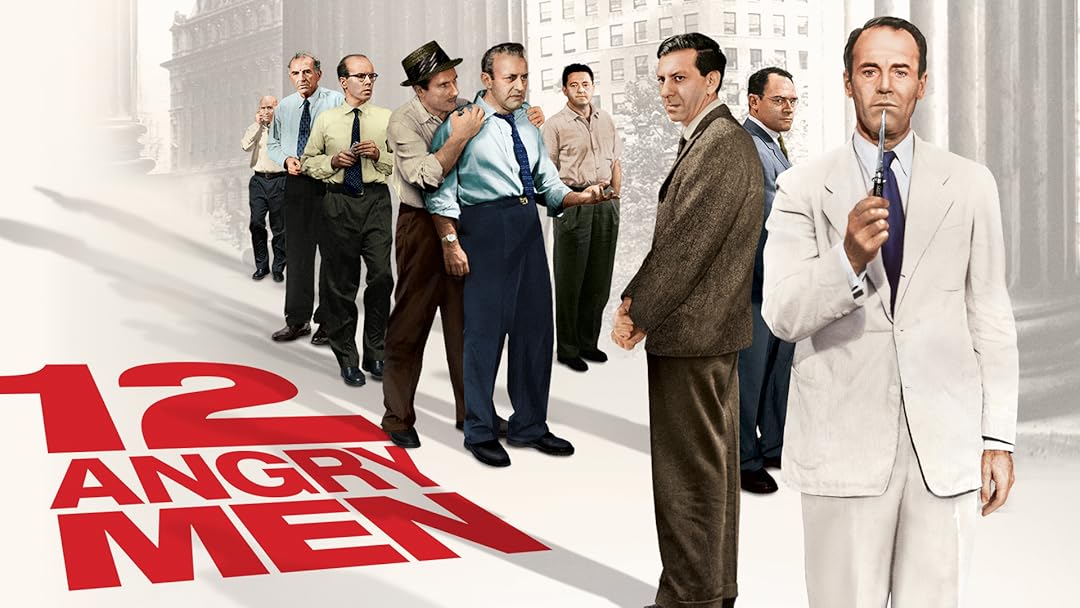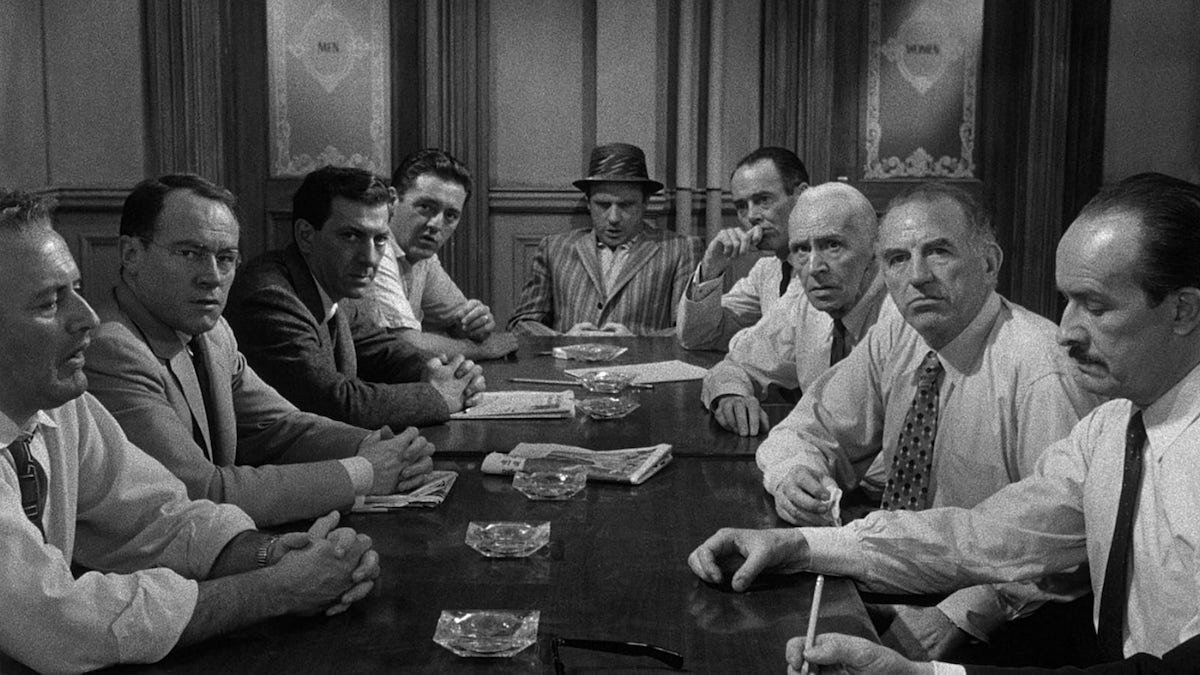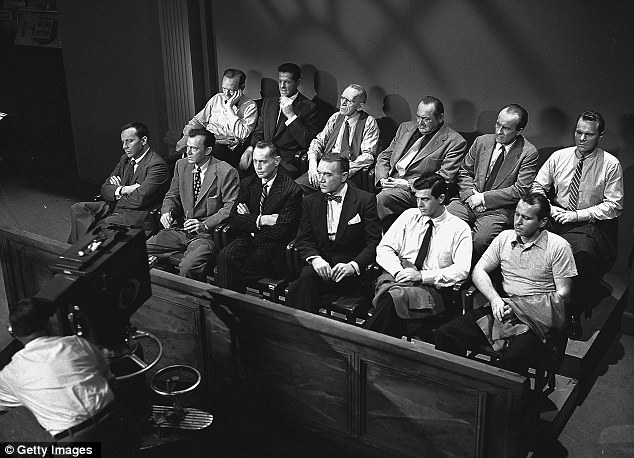12 angry men (1975)
- fanmovies
- August 17, 2024

https://www.youtube.com/watch?v=-bxXGY6N_ec&pp=ygUTMTIgYW5ncnkgbWVuICgxOTc1KQ%3D%3D
12 Angry Men (1957) is a classic American courtroom drama directed by Sidney Lumet and based on a teleplay by Reginald Rose. It’s widely praised for its powerful storytelling, intense character development, and exploration of themes related to justice and prejudice. Despite the 1975 date mentioned, it’s important to note that the film was actually released in 1957. Here’s a review of this seminal film:
Plot and Characters
12 Angry Men is set entirely within the confines of a jury deliberation room, where twelve jurors are tasked with deciding the fate of a teenage boy accused of murder. The film unfolds in real-time as the jurors debate the case, revealing their personal biases, prejudices, and dynamics.
- Juror #8, played by Henry Fonda, is the film’s protagonist. He is initially the only juror to vote “not guilty” and works to convince the others to reconsider their verdict. Fonda’s portrayal is calm, rational, and persistent, embodying the role of a principled man who seeks to ensure that justice is served.
- Juror #3, played by Lee J. Cobb, is the primary antagonist. His personal issues and biases drive his initial insistence on the boy’s guilt, providing a stark contrast to Juror #8’s more reasoned approach.
- Other jurors, including Juror #4 (E.G. Marshall), Juror #10 (Ed Begley), and Juror #11 (Walter Brennan), each bring their own perspectives and prejudices into the deliberation, creating a rich tapestry of character interactions and conflicts.

Performances
The ensemble cast delivers exceptional performances, making the most of their confined setting.
- Henry Fonda’s portrayal of Juror #8 is particularly noteworthy. His performance is both understated and powerful, effectively driving the film’s narrative and emotional impact.
- Lee J. Cobb’s performance as Juror #3 is intense and compelling. His character’s emotional outbursts and personal vendettas add significant tension and drama to the film.
- The supporting cast, including Jack Klugman, Martin Balsam, and John Fiedler, contribute to the film’s depth with their nuanced portrayals of the other jurors.

Direction and Writing
Sidney Lumet’s direction is masterful, creating a gripping and claustrophobic atmosphere that heightens the film’s dramatic tension. Lumet uses the confined space of the jury room to its fullest, employing tight shots and dynamic camera angles to reflect the escalating conflict and emotional intensity.
Reginald Rose’s screenplay is tight and compelling, focusing on dialogue and character interactions to drive the story forward. The script explores themes of justice, morality, and human fallibility, making the film a powerful examination of the judicial process and social issues.
Cinematography and Score
- Boris Kaufman’s cinematography is integral to the film’s success. His use of close-ups and innovative camera work enhances the claustrophobic feel of the jury room and captures the characters’ emotional states.
- The film features a subtle score by Kenyon Hopkins, which underscores the tension without overshadowing the dialogue and character interactions.

Themes and Impact
12 Angry Men explores themes of prejudice, justice, and the complexity of human nature. It examines how personal biases and preconceptions can influence decision-making and highlights the importance of due process and critical thinking in the judicial system.
The film’s portrayal of a single juror’s quest to ensure a fair trial serves as a powerful commentary on the principles of justice and the role of individual integrity in a democratic society.
Reception
12 Angry Men received critical acclaim upon its release and has since become a classic of American cinema. It is frequently studied for its effective storytelling and powerful exploration of social and psychological themes. The film has received numerous accolades and continues to be praised for its acting, direction, and script.
In summary, 12 Angry Men is a seminal film that remains a poignant and powerful examination of justice and human nature. Its strong performances, meticulous direction, and thought-provoking script ensure its place as a timeless classic in cinema history.











